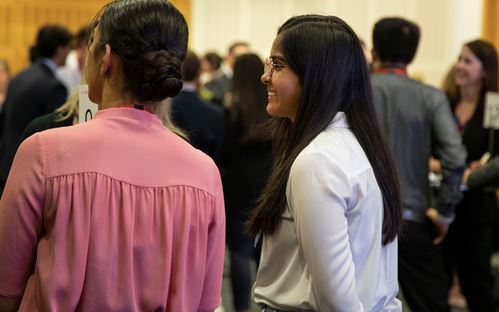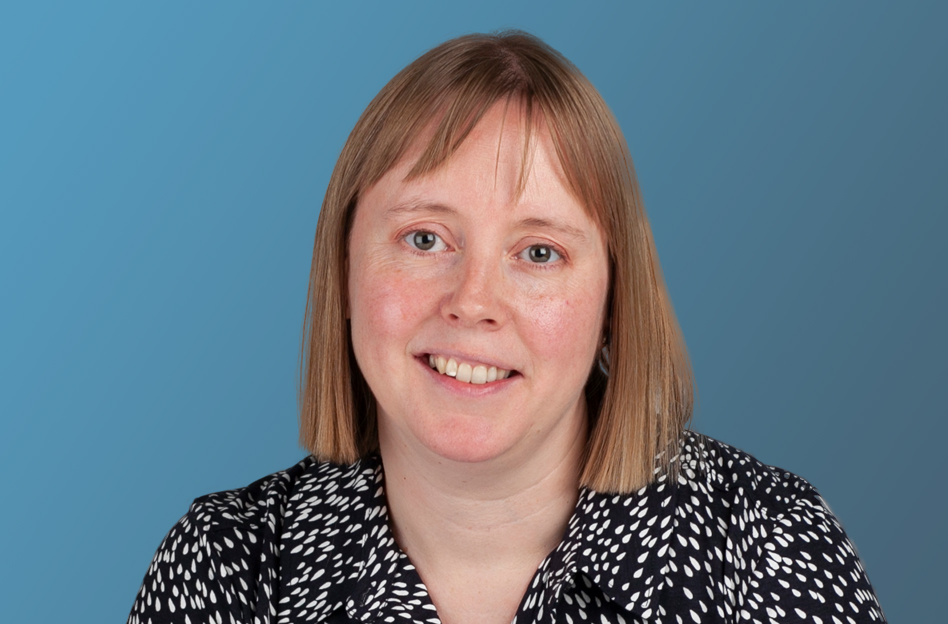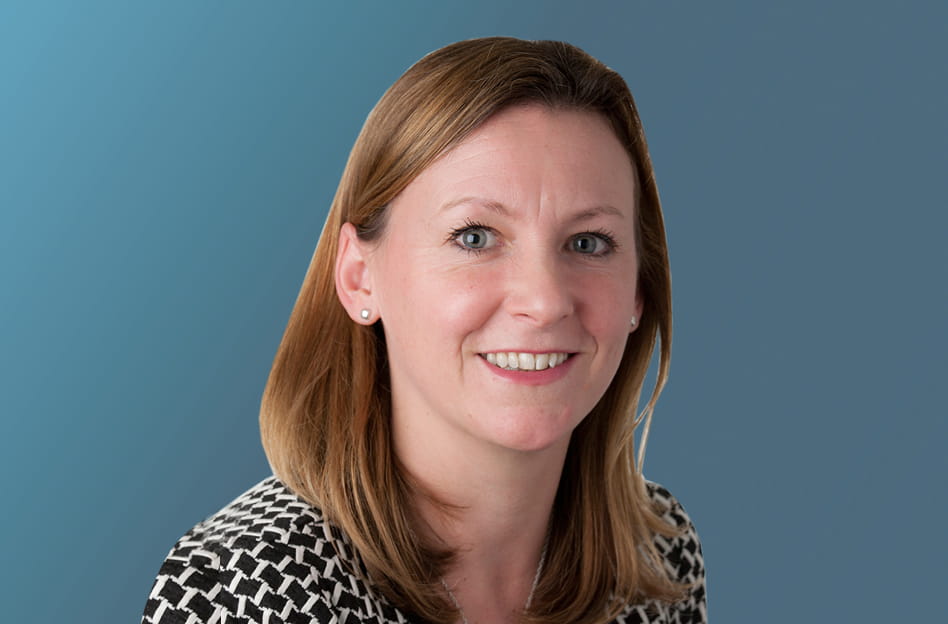Improving social mobility
In many countries, the socio-economic background children are born into is still the biggest determining factor in their life chances. Social mobility – enabling young people to break out of that cycle and improve on the background they are born into – is a challenge we face the world over.
While education plays a crucial role, businesses also have an important part to play in raising aspirations, creating opportunities and breaking down barriers.

We know we can’t be a progressive firm if all of our people come from a small group of schools or universities. Our social background frames our life experiences, and at A&O we recognise that we are all enriched by the varied perspectives a diverse workplace brings.
We want everyone, regardless of their background, to be able to build a successful career and achieve their full potential at A&O.
Tackling inequalities both inside and outside of our firm is a focus for A&O, not only because it is the fair and right thing do but because there are clear business drivers for achieving greater diversity. Bringing together people with different experiences, from different backgrounds, makes us a far more relevant, successful and sustainable business.
The legal profession, in particular, is still harder for young people from lower socio-economic backgrounds to access in many countries. And if they do join the profession, evidence shows it is harder for them to progress.
In order to remove barriers, we need to understand where they exist. Through our Regional D&I Partners, ally and affinity networks, and Social Mobility Working Group we are actively listening to people’s experiences.
Our work on social mobility focuses on four main areas:
-
Promoting an inclusive culture
-
Influencing the wider debate
-
Being open and accessible
-
Raising aspirations
In 2017 we completed a broad review to identify the skills and attributes needed by our lawyers of the future and, from this, produced a framework designed to make sure we hire for potential – not ‘fit’. This led to us becoming the first major firm to introduce situational judgement tests and scenario-based interviews. These help to remove bias by allowing candidates to demonstrate how they think in certain scenarios – rather than focusing on CVs and past experiences.
And our influence doesn’t end there.
Smart Start
A key theme of our pro bono and community investment work has been to improve access to education for those from disadvantaged backgrounds. We also know that a critical time for young people is making the transition from education into work, so we run a number of schemes to provide career insights, mentoring and high-quality work experience.
Smart Start is our flagship scheme to provide high quality work experience for young people from low socio-economic backgrounds. It has now supported almost 1,600 students, winning multiple awards and helping to create a sector-wide commitment to broaden access to the UK legal profession. In 2016, we launched Smart Start International, which has now run in India, South Africa and Hong Kong.
In 2020, we helped the Social Mobility Commission to develop toolkits for the financial and professional services sectors, providing a roadmap for businesses to drive change within their organisations.
Like all aspects of inclusion, there is a long way to go. But our aim is to continue to play a leading role in the global social mobility movement, helping to drive change within our business, profession and ultimately, society.




